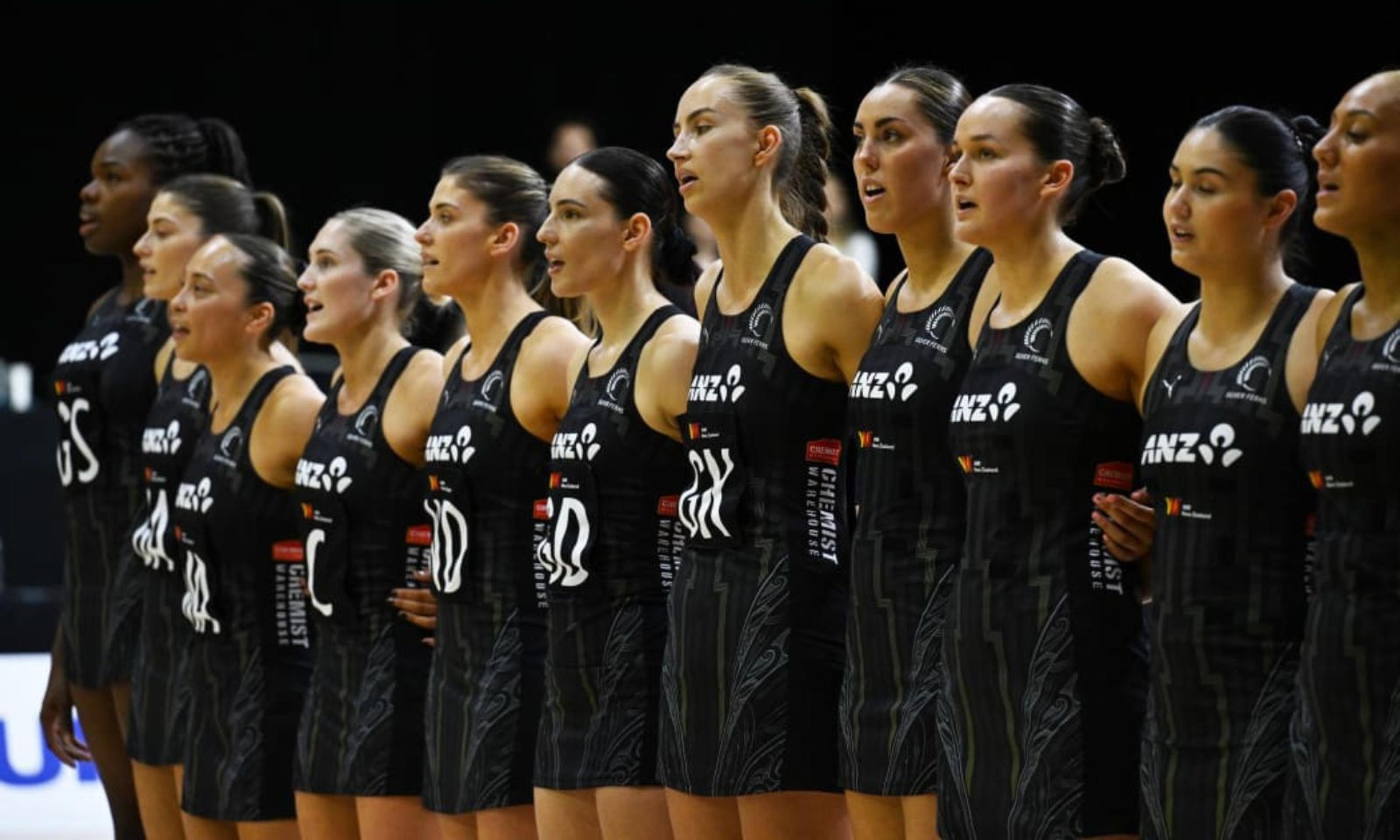

Anthony Albanese is the first Australian leader in 20 years to return to the top office successfully.
Photo/Australian government
Albanese re-elected amid historic political shifts in Australia
Prime Minister Anthony Albanese is set to return for a second term, with Labor securing an increased majority.



Fiji’s former Prime Minister and police chief charged with inciting mutiny

Immigration reassesses toddler's declined visa request as Children's Commissioner steps in




Fiji’s former Prime Minister and police chief charged with inciting mutiny

Immigration reassesses toddler's declined visa request as Children's Commissioner steps in

Australian Prime Minister Anthony Albanese has been re-elected after securing an emphatic victory on Saturday, local media reports.
Labor's win of 85 seats - needing only 76 for a majority - is significant, as Albanese becomes the first Australian leader in 20 years to return to the top office successfully.
Early results indicated that Albanese and his centre-left Labor Party gained support from voters who shifted away from the Liberal-National Coalition, led by Peter Dutton.
The Coalition won 41 seats, the Independents 10, and 14 seats were in doubt. The Greens failed to secure a seat, with 69.1 per cent of the votes counted by 1.30am local time.
In a surprising twist, Dutton lost his seat in Dickson, a suburb in the inner north of Canberra. His defeat was a shock because it’s the first time since 2007 that a sitting party leader in Australia has lost their seat.
In 2007, then-prime minister John Howard, who led the Liberal Party for 11 years, also lost his seat, becoming the first sitting PM in nearly 80 years.
The 2007 election started a six-year reign of Labor leadership under Kevin Rudd and Julia Gillard. It was also the last time Labor won a majority until 2022.
Issues critical to Australian voters have changed over the years. In June 2006, a Newspoll reported that health and Medicare were the biggest concerns, along with education, the economy, environment, and national security. These issues, including immigration, were key topics for the voters.
Fast forward to now, and the main issues include the cost of living, public healthcare, unaffordable housing, and immigration.
At around 9pm, local time, Dutton conceded defeat. In a speech to supporters, the opposition leader announced his resignation and congratulated Albanese on his election victory.
Dutton acknowledged that his party did not perform well and did not achieve their goals in this election.
Police investigate racist, Islamophobic banners on election day
On election day, some troubling incidents were reported when racist and Islamophobic banners were displayed along the Monash Freeway in Melbourne.
SBS News reported that Victoria Police have launched an investigation after groups dressed in black and wearing masks were seen holding banners with messages aimed against Black and Muslim voters, including one that read, “Only Aussie votes should count”.

Peter Dutton has become the second party leader in Australian election history to lose his seat. Photo/https://pco.gov.ph
The incident received widespread condemnation, particularly from Muslim Australians, who expressed how harmful these messages can be, especially for young people.
“Imagine having a little Asian child [or] a Muslim child in the back seat, just driving with your family on a Saturday morning, and then you see this racism,” a resident told SBS.
Who is Anthony Albanese?
He is 62 years old and has served as Australia’s prime minister since 2022. He has represented the New South Wales area of Grayndler for more than 30 years.
According to ABC Australia, Albanese grew up modestly and was the first in his family to finish high school. He later earned a degree in economics from the University of Sydney, which sparked his interest in politics and the Labor Party.
Watch William Terite on why the Australian vote is important to New Zealand.
Albanese has advocated for progressive causes, including LGBTQ rights, climate change, social welfare, and peace in Palestine.
During his campaign, he promised to tackle Australia’s cost of living crisis, improve free healthcare, reduce student debt, and make minor tax cuts.
Recently, some critics have argued that he hasn’t done enough to speak out against Israel’s actions in Gaza, according to the ABC, even as he continues to support a peaceful solution for both Israelis and Palestinians.

Photo/Supplied
What's at stake?
Voters will elect representatives for the House of Representatives and the Senate.
The House, which will have 150 MPs this year due to redistricting, initiates most laws and requires a majority of 76 seats to form a government.
If no party wins outright, the party with the most seats may form a minority government with smaller parties or independents.
The Senate, with 76 elected senators serving six-year terms, reviews laws from the House. This year, 40 seats were available.
Voting options included early voting in Australia, overseas centres, postal voting, and locations in remote areas.